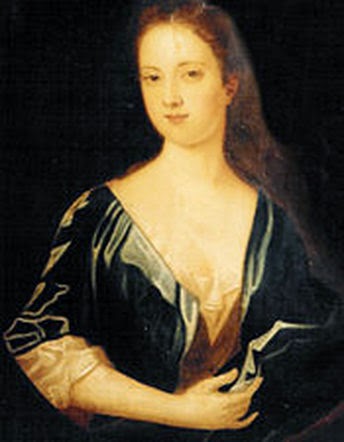
Sarah Fielding (1710-1768); Biography and famous works
Sarah Fielding (8 November 1710 – 9 April 1768) was an English novelist and sister of the famous novelist Henry Fielding. She was born in Dorset and educated in Salisbury. For much of her life, she lived quietly in and around London, where she became part of Samuel Richardson’s circle, and later near Bath.
She contributed small items to Henry’s work before publishing her own works. In 1742, Henry Fielding published Joseph Andrews, and Sarah Fielding is often credited with having written the letter from Leonora to Horatio (two of the characters in the book). In 1743, Henry Fielding published his Miscellanies (containing his life of Jonathan Wild), and his sister may have written its narrative of the life of Anne Boleyn.
In 1744, she published anonymously her own best-known novel, The Adventures of David Simple, a psychologically focused ‘Moral Romance’, with (in its second edition) a preface by her brother. Familiar Letters between the Principal Characters in David Simple followed in 1747, and in 1753 the somber Volume the Last. Her The Governess or The Little Female Academy (1749) was the first English school story written for children. She was almost certainly the author of Remarks on Clarissa (1749).
With Jane Collier, she published The Cry (1754), an unusual dialogue between Portia (the Solo) representing integrity, and an audience (the Chorus) representing ignorant malice. The parallel of author against critic is implied throughout. The heavily researched The Lives of Cleopatra and Octavia (1757) presents a series of dramatic monologues in which the subtle self-seeking of Cleopatra is contrasted with the honesty of Octavia. The History of the Countess of Dellwyn (1759) traces the disastrous relationship of an old husband and a young wife, and includes some thoughts on literary mimesis. The light-hearted epistolary novel History of Ophelia (1760) relates the adventures of an ingenuous young woman constantly astonished by the unquestioned conventions of society. A successful translation of Xenophon’s Memoirs of Socrates, with the Defence of Socrates before his Judges appeared in 1762.
Also read: William Sydney Graham (1918-1986) Scottish poet and his poetry collections





